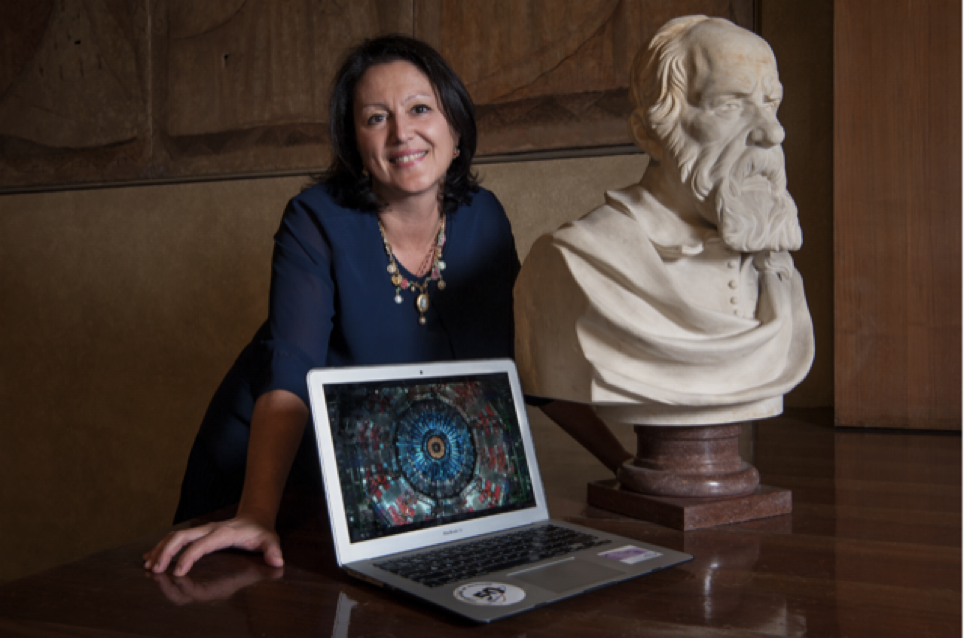The physics of the Future Circular Collider
by
Aula Caianiello
Dipartimento di Fisica Ettore Pancini
Summary

The data from the Large Hadron Collider will continue to advance our knowledge of the fundamental properties of matter for years to come, but answers to several crucial questions that undermine the Standard Model of particle physics might lie outside its reach, due to limitations either in the of centre-of-mass energy or precision of the measurements that can be achieved.
To extend its potential, the LHC will undergo a major upgrade that will increase its instantaneous luminosity, allowing it to collect up to 3ab-1(HL-LHC). An overview of the physics potential of the HL-LHC will be presented focusing on its unique strengths.
A further, ambitious step forward is to realise new generation collider machines that would surpass the performances of the LHC. To this end, in 2020 CERN has started a feasibility study for the construction of Future Circular Colliders (FCC) in the Geneva region with a circumference of about 100 km. An e+e- collider (FCC-ee), covering the energy range from the Z pole up to the top pair production threshold is the first step to collect incredible statistics of the heaviest particles of the SM. The ultimate goal would be a pp collider (FCC-hh) reaching 100 TeV in the centre of mass.
The FCC integrated project offers an incredible discovery potential with a vast physics programme, covering on one side of precision measurements sensitive to very weak couplings or very heavy objects, and on the other of very high energies where new particles could be directly produced.
Zoom link:
https://cern.zoom.us/j/64413267833?pwd=bUhXZk43QkRvbzZBVStaQUxNL0hSQT09